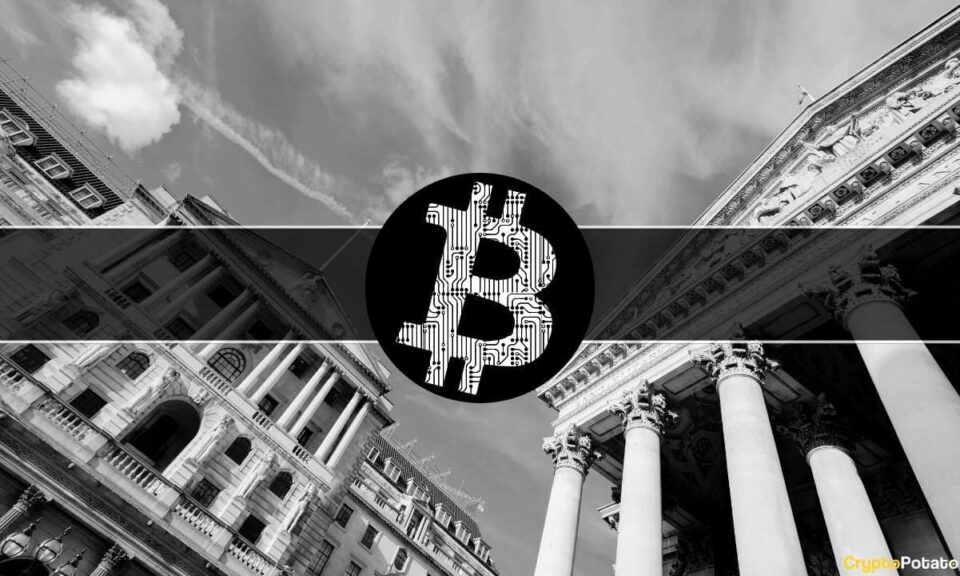Cryptocurrency exchange-traded funds (ETFs) have recently been trending as many companies seek approval to trade, stirring up a wave of enthusiasm and anticipation throughout the crypto community.
As financial vehicles that track the price of cryptocurrencies, these ETFs offer a novel and seemingly more accessible way for investors to enter the crypto market. However, amidst the euphoria and bullish outlooks, it is crucial to cast a discerning eye on the potential dark side of this development.
This article aims to shed light on the hidden risks and challenges that crypto ETFs present to both individual investors and the broader crypto market.
Centralization of Crypto Assets
Cryptocurrency exchanges come in various forms, with centralized exchanges, exemplified by platforms like FTX, being the most prevalent. Centralized exchanges retain control of their client’s private keys and typically mandate a Know Your Customer (KYC) process to deter unlawful activities.
In contrast, decentralized cryptocurrency exchanges operate on a decentralized, non-custodial blockchain system, facilitating direct peer-to-peer transactions. That eliminates the need for intermediaries, allowing users to bypass the KYC process. It is particularly significant for individuals living under repressive governments, offering them an opportunity to participate. Users also maintain full control over their private keys and assume sole responsibility for securing their funds, which can be staked to generate interest.
The cryptocurrency industry’s primary purpose is to provide these advantages, especially to unbanked individuals who lack access to traditional banking services. Conversely, ETFs are inherently centralized products, conflicting with the decentralized essence of Bitcoin and other cryptocurrencies. They do not incorporate the foundational benefits of cryptocurrencies, nor do they encourage new users to engage in the space.
Moreover, ETFs introduce the concept of “paper” Bitcoin, which represents BTC only on a theoretical level. Without the ability to withdraw the purportedly owned Bitcoin, the potential for crises similar to those witnessed with FTX becomes more plausible in the future. That poses a threat to the core principles of decentralization and trustless transactions that underpin Bitcoin.
Regulatory Risks
The regulatory landscape surrounding crypto ETFs presents a significant array of challenges and risks. The approval process for these financial products is complex, creating an air of uncertainty for investors. Government bodies like the U.S. Securities and Exchange Commission (SEC) have been cautious in approving ETFs linked to Bitcoin and other cryptocurrencies. Their hesitance stems from concerns about potential fraud and manipulation within the underlying market.
Todd Rosenbluth, head of research at VettaFi, pointed out that the earlier expected government shutdown might further complicate matters for ETF applications seeking approval. He noted that with the SEC being potentially unable to review new ETFs, there could be room for launches to proceed.
The SEC has postponed its decision on whether to approve applications for spot Bitcoin ETFs to mid-October, highlights Reuters. Todd Sohn, ETF and technical strategist at Strategas Securities, noted that this delay only extends the ongoing deliberation surrounding spot Bitcoin ETFs. He suggested that both investors and issuers may already be growing impatient with the process, so a shutdown only adds to the frustration. Analysts also cautioned that listed funds could face heightened volatility.
However, with the shutdown now avoided, a crypto enthusiast, Mike Dudas, wrote on X that he is looking forward to 6 Bitcoin ETF decisions by the SEC as they have no reason to postpone the decision anymore.
An earlier post on X by Eric Balchunas, a Bloomberg ETF analyst, noted that Valkyrie has recently communicated that they will refrain from purchasing Ether futures until they become operational. Additionally, they have decided to sell the Ether futures they had previously acquired, possibly in an attempt to expedite the process. This move might be in response to pressure or warnings from the SEC.
Hector McNeil, co-CEO and founder of HANetf, emphasized that ETFs essentially act as pass-through vehicles. Therefore, any impact on the underlying markets will naturally have repercussions on the ETFs themselves.
Limited Profit Potential
The high price of a single Bitcoin has often made it a challenging investment for many individuals worldwide. That has led to a growing interest in finding alternative ways to invest in Bitcoin and mitigate the risks associated with directly purchasing the cryptocurrency.
One such alternative is a Bitcoin ETF, which allows investors to gain exposure to cryptocurrencies without the hassle of setting up a wallet or dealing with volatile exchanges. However, industry experts caution that Bitcoin ETFs are not without their risks, Gulf News highlights.
Brian Deshell, a UAE-based cryptocurrency trader and analyst, highlighted that while buying shares of a Bitcoin ETF provides exposure to Bitcoin’s price movements,



